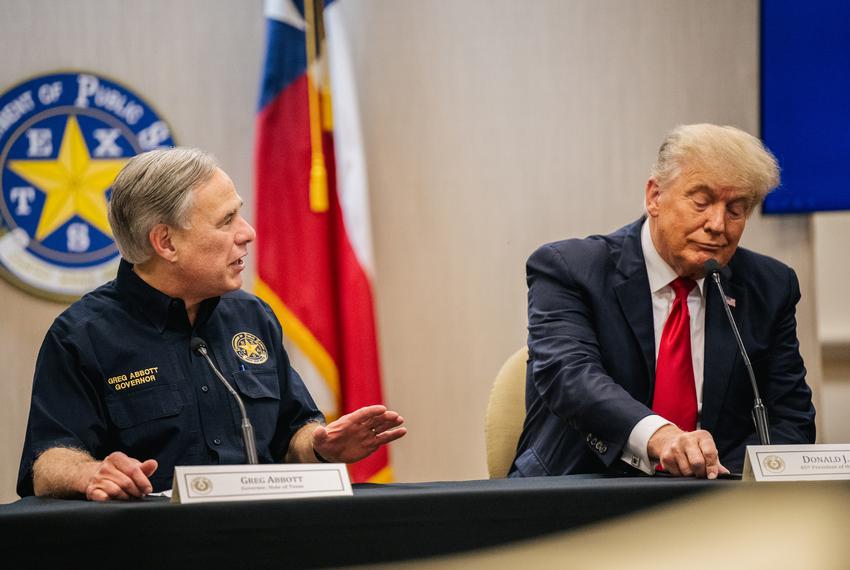You have the right to free speech, as long as you’re not dumb enough to actually try it

In 2019, as part of the Great Campus Free Speech Crisis of the late Obama and first Trump years, the Texas legislature declared campuses “free speech zones.” Some people then used said zones to communicate messages that Republican legislators disagreed with. This triggered these special snowflakes in a highly predictable manner:
As thousands of students return to college campuses this fall, they will find themselves stepping into an environment reshaped by political and ideological mandates. Across the country, state legislators have been racing to exert new influence over free expression in higher education. Now, Texas has surged to the forefront, closing its 2025 legislative session by passing two alarming laws that take effect Sept. 1.
Signed by Gov. Greg Abbott (R) in June, the new laws amount to a stunningly aggressive legislative crackdown on campus protest (S.B. 2972) and academic shared governance (S.B. 37) at public colleges and universities. The laws will not just silence dissent and undermine faculty authority in Texas; they provide a blueprint for how to dismantle academic freedom and chill speech on campus state by state.
Only a few years ago, conservative lawmakers railed against college “free-speech zones,” arguing that liberal administrators were muzzling students on the rest of campus. In 2019, Texas legislators joined other states in taking action by declaring all outdoor spaces on public campuses open for protest and speech by students, employees and the general public.
Now, some ofthe same legislators have done an about-face. The campus protest law actually directs public colleges and universities to implement a version of free-speech zones and adopt sweeping limitations on protests. Encampments? Banned. Megaphones or speakers during “class hours”? Forbidden — if anyone claims your “expressive activity” is one that “intimidates others” or “interferes” with an employee’s duties. Even wearing a mask during a protest — something many do for safety — could land a student or employee a disciplinary hearing resulting in “sanctions.” And any expressive activity between 10 p.m. and 8 a.m. is off-limits altogether.
Though each restriction raises potential First Amendment issues, this last one is perhaps the most concerning. State law defines “expressive activity” as “any speech or expressive conduct protected by the First Amendment” — speeches, writing, art, symbolic actions, even just talking to your friends. It’s problematic enough that legislators seek to prohibit nighttime or early-morning protest activity, but the language could affect late-night art events, student journalists, and even assigned research, course or thesis work for students or faculty in the habit of burning the midnight oil. The new law is so absurdly broad it could theoretically be used to stop a group of students from discussing politics on a campus bench at night. That’s not security; it’s suppression.
Needless to say, academic freedom is treated by the legislature with similar contempt:
The Texas legislature obliterates these traditions, stripping faculty of any meaningful decision-making role in how their institutions are run. Under this law, faculty senates at public universities and colleges can now exist only if permitted by the institutions’ governing boards — the oversight bodies whose members are politically appointed by the state governor. In mockery of democratic principles, half of the faculty senate members must be chosen by the university president, and administrators can remove faculty for not conducting their duties within vague “senate parameters.”
By codifying in law that governing boards assume ultimate authority over academics and operations, legislators are communicating to university and college board members that the faculty’s advice doesn’t matter if it contradicts the legislators’ preferred ideologies.
To make matters worse, the law installs a governor-appointed “ombudsman” with sweeping enforcement powers. This political appointee will be charged with monitoring compliance with state laws and can recommend that a public university or college lose all state funding unless it complies.
It requires a Bari Weiss level of both cynicism and cognitive dissonance to think conservatives have ever cared about “free speech” on campus. It the fact that it will no longer exist in blue states or potentially at an university that gets in Donald Trump’s crosshairs will have genuinely bad consequences.
